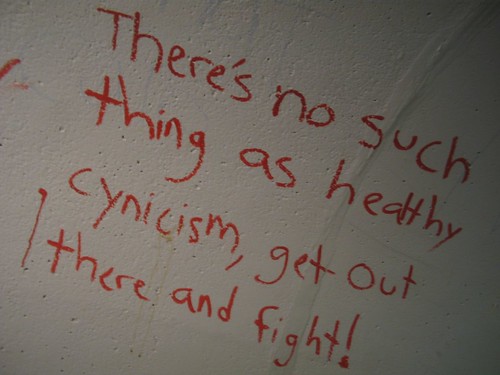I can definitely tell that I am starting to wear down. I am a big time morning person, not only because I do my best work in the morning, but the life of a dad with 3 kids who need to get to school, requires that I wake up early. I told someone the other night that we should move all our rehearsal to 5 am, because then you’d see me at my best. These late nights are starting to catch up to me.
Once we are all in neck deep in Christmas prep, our families can start to get the short end of the stick. Not only am I not around in the evening, but it is really easy to spend most of the time I am at home just trying to recover from working such long days. I was talking to a co-worker about how we each handle time at home during this season, and I was reminded of a couple things I have learned over the years that help make the Christmas run more doable.
Make the most of every moment. Many times my family is already in bed when I get home from a late night rehearsal, so the reality is that if I want to see them, I need to get up when they start getting ready for school. As a result, no matter how late I get home, I make myself get out of bed so that I can interact with my kids. It may not seem like much, all I’m doing is making breakfast and helping them get out the door, but every chance I have to interact with them helps us make it through Christmas. My wife and I have had some of our best conversations during Christmas, because we know that even though we are both tired, sitting on the kitchen floor for 20 minutes and looking at each other will help carry us to the finish line. For me, when everyone goes off to school/work, that’s when I crawl back into bed.
Don’t use Christmas as an excuse. Your family is not having the easiest time with you gone all the time, so when you are there, pick up the slack, push through your tiredness. Do the dishes. Take apart the trampoline. Help decorate the house for Christmas. Your family is working harder than normal to function without you being around as much, so you need to step in when you don’t feel like it to make things happen.
I have an amazing wife. I don’t know how I was lucky enough to marry such an amazing person, but my wife has made me being a technical artist in the local church possible. She does a great job of calling the best out of me and reminding me that our family needs a vision for Christmas as much as my production team needs vision. I’d be lying if I didn’t give a huge amount of credit to our family’s survival at Christmas time to her.
I can sometimes make Christmas my excuse for being lame, but his is a perfect opportunity for you and me to build our character and be better people. You have every right to complain about how much you are working. You’d be amazed how your Christmas experience can change if you rise above how you feel and choose to make the most of this season.
photo credit by fmgbain










